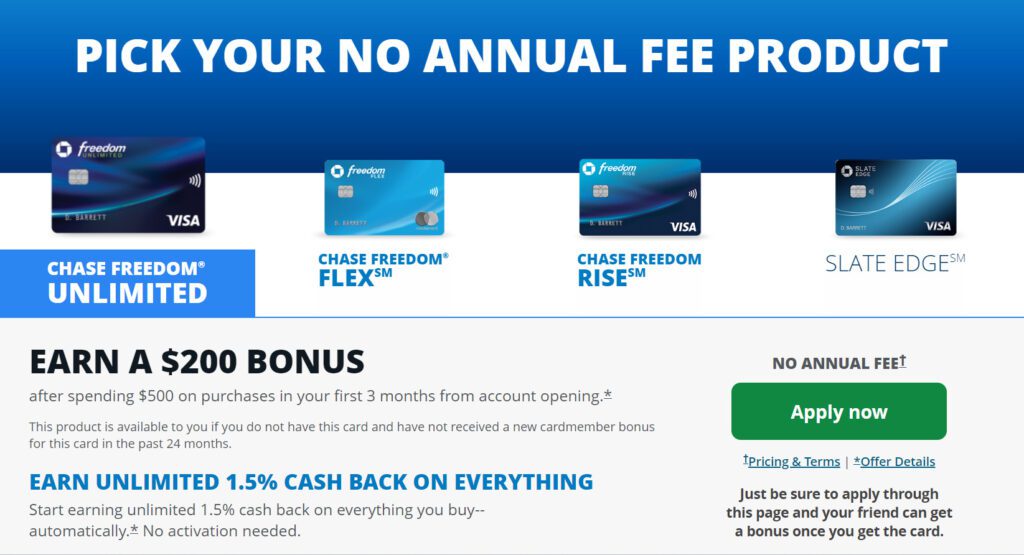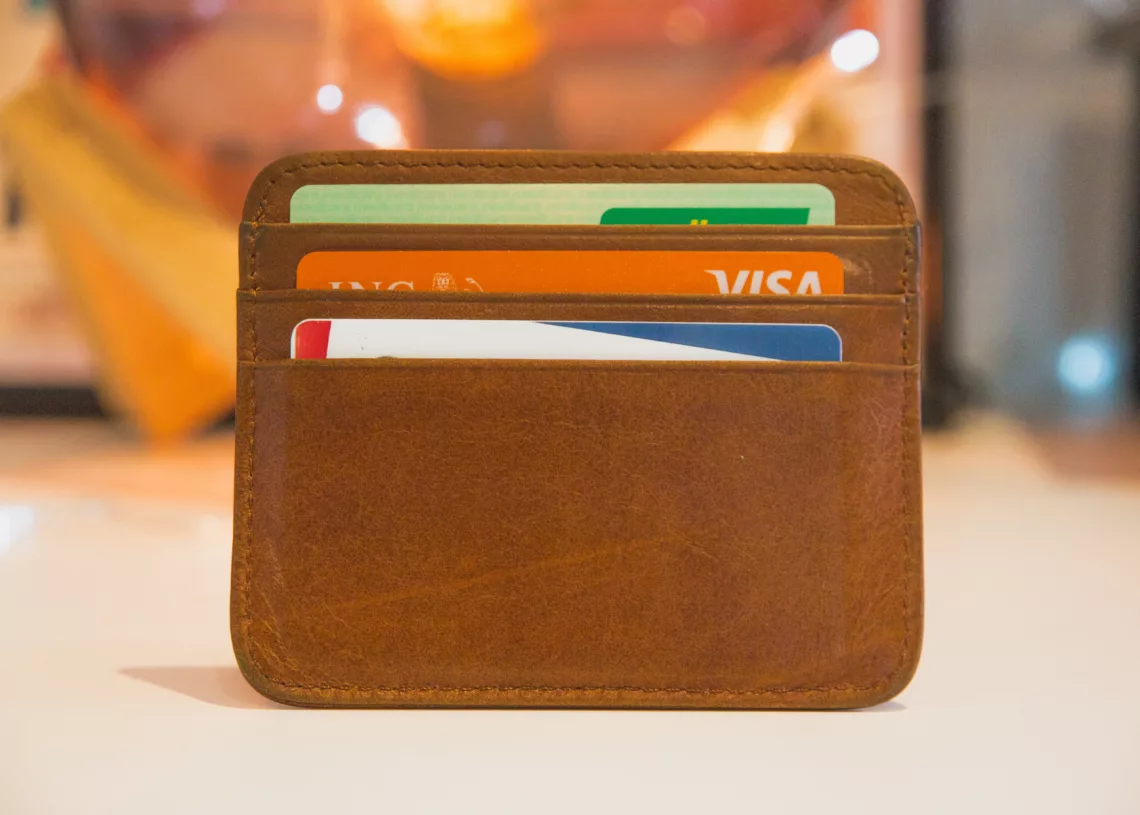Your credit report contains sensitive personal and financial information that identity thieves would love to get their hands on. Freezing your credit can help protect you against new account fraud and other types of identity theft. In this comprehensive guide, we’ll explain everything you need to know about credit freezes, from how to freeze and unfreeze your credit to the pros and cons of credit freezes versus other protection methods.
A Detailed Look at How to Freeze Your Credit
Freezing your credit is free and relatively easy to do through the three major credit bureaus – Experian, Equifax, and TransUnion. Here’s a step-by-step guide with additional details:
Step 1: Gather Personal Information
You’ll need to provide the following information for each credit bureau when requesting a freeze. Take some time to ensure you have all of these items ready to go before beginning the process:
- Full legal name including middle initial and Jr./Sr./other suffixes
- Current full address as well as any previous addresses in the last 2 years
- Social Security number
- Complete date of birth including month, date, and year
- Photo ID such as a driver’s license if requesting by mail
- Recent utility bill or bank statement as proof of your current address
Having this information available will ensure the credit bureaus can accurately verify your identity and process the credit freeze requests.
While you can request a freeze online or by phone, some states require sending in a freeze request form by certified mail. Avoid delays by printing out the request forms ahead of time:
Fill these out in advance with your info and sign them.
Step 2: Place a Credit Freeze with Equifax
You can request an Equifax credit freeze online or by phone.
To freeze online, go to Equifax.com/personal/credit-report-services/credit-freeze/ and click the “Freeze My Credit” button. Follow the prompts by providing your personal information, answering security questions, and creating a password for your online account.
To freeze by phone, call 1-888-298-0045. You’ll speak to an Equifax representative and provide your information verbally over the phone.
Equifax will provide a 10-digit PIN once you complete the freeze request. Make sure to write this down and store it in a secure place along with the date you requested the freeze.
Step 3: Place a Credit Freeze with Experian
The process for freezing your credit with Experian is very similar.
Visit Experian.com/freeze and click “Freeze Credit Report” to freeze online. Provide your personal information, create an account password, and answer identity verification questions.
Alternatively, you can call 1-888-397-3742 to request the freeze over the phone.
Experian will provide a 10-digit PIN to confirm your freeze. Keep this written down in a safe, secure location.
Step 4: Place a Credit Freeze with TransUnion
The final step is freezing your credit with TransUnion.
Navigate to TransUnion.com/credit-freeze and complete the online form to provide your information and placement the freeze.
You can also call 1-833-395-6938 and work with a TransUnion agent to secure your credit freeze over the phone.
Be sure to note the PIN for lifting/removing the TransUnion credit freeze.
Step 5: Check State Laws for Other Requirements
Most states allow credit freezes to be placed for free online or over the phone. However, some states require additional steps to complete the freeze, like:
- Sending a letter via certified mail to request the freeze
- Reporting changes to your personal information within 30 days
- Informing the credit bureaus if you are an active duty military member
- Paying a small fee (often $5 or less)
Research the specific credit freeze laws in your state to see if any additional action is needed to fully freeze your credit reports.
And that’s it! Within 1-3 business days, the bureaus will finish processing your credit freeze requests and restrict access to your credit reports. Follow these steps to securely lock down your credit.

The Key Differences Between Credit Freezes, Fraud Alerts and Credit Locks
In addition to freezes, you also have the option to place fraud alerts or credit locks on your credit reports. Here’s an overview of how these three tools differ:
Block Quote:
A credit freeze is a legally binding measure that restricts access to your credit report, while a credit lock is a service offered by credit bureaus for a monthly fee, providing similar protection but with more flexibility.
Credit freezes
- Restricts all access to your credit reports unless temporarily lifted
- Free to place and lift freezes
- You directly control lift/remove process with PINs
- Stops all new accounts from being opened
Fraud alerts
- Allows credit checks but requires extra identity verification
- Free to place initial 90-day fraud alerts
- Extended 7-year fraud alerts require ID theft documentation
- Bureau alerts don’t need to be directly lifted
Credit locks
- Locks down credit reports similar to a credit freeze
- Locks and unlocks controlled by the credit lock service provider
- Typically a monthly or annual fee unless you qualify for free service
- May need to unlock/lock separately at each bureau
So in summary, credit freezes give you the most control while fraud alerts offer a lighter level of protection. Credit locks are more convenient but usually come with fees. Evaluate your specific needs to choose the best option.

10 Benefits of Placing a Credit Freeze
Beyond simply blocking access to your credit reports, here are some major benefits that freezing your credit provides:
- Prevents new account identity theft – This is the #1 benefit. Identity thieves cannot open fraudulent new credit cards or loans in your name with a freeze in place.
- Stops medical identity theft – Freezes your medical insurance reports in addition to standard credit reports, blocking access.
- Avoid tax refund fraud – Locking your credit also prevents fraudulent tax returns from being filed with the IRS.
- Restricts access to data – Your sensitive personal data contained in credit reports stays private and locked down.
- Complete control – You decide when to temporarily lift or permanently remove credit freezes as needed.
- Works fast – Credit bureaus place the freeze within 24 hours so you’re protected right away.
- Peace of mind – No need to worry about identity thieves accessing your information or damaging your finances.
- Extra protection – Goes beyond fraud alerts and gives you an added layer of security.
- It’s your right – Consumers have a legal right to freeze their credit for free under federal law.
- Improves finances – Saves you time, money, and stress compared to recovering from identity theft.
As you can see, credit freezes are about much more than just stopping credit card fraud. The benefits extend to many aspects of protecting your sensitive personal and financial data.
Examining the Potential Drawbacks of Credit Freezes
While credit freezes have many advantages, there are some possible inconveniences and drawbacks to consider as well:
- Delayed approval for new credit – You’ll need to plan ahead and lift the freeze 1-3 days before applying for a new loan or credit card.
- Can’t get credit on demand – No taking advantage of instant approval offers or opportunities that require immediate access to your reports.
- Temporary lifts expire – Lifted freezes typically expire after 7-30 days, so you must keep track to avoid the freeze reactivating during new applications.
- Extra steps to lift or remove freeze – The process of using your PIN to unlock your credit does create some extra work compared to doing nothing.
- May interfere with non-credit checks – In some states, freezes also restrict access for employment, insurance, or tenant screening purposes.
- Compliance varies – Credit bureaus don’t always comply with placing freezes within the legally required 1-3 days.
- You must freeze all reports – Freezing at just one or two bureaus leaves the third vulnerable, requiring freezing all three.
- PIN issues – Losing your PIN can make removing a freeze difficult if you need immediate credit access.
The minor annoyances are typically worth the security. But weigh these factors against your personal situation when deciding if the benefits outweigh potential hassles.
8 Common Credit Freeze FAQs Answered
Freezing your credit can be confusing if you’ve never done it before. Here are answers to some frequently asked questions:
How long does a credit freeze last?
A freeze lasts indefinitely until you temporarily lift it or remove it entirely – it does not expire.
Can a company do a credit check if my credit is frozen?
No. A freeze blocks all access to your credit reports unless you specifically lift the freeze.
Do I need to freeze my credit with all three bureaus?
Yes, you should freeze your credit with Equifax, Experian, and TransUnion for full protection.
Can I open a new credit card with a freeze on my credit?
You can open a new card by temporarily lifting the freeze 1-3 days before applying. The freeze prevents identity thieves from opening accounts.
Does freezing my credit hurt my credit score?
No, placing or lifting a credit freeze does not affect your credit score or show up on credit reports.
Can I still use my existing credit cards if my credit is frozen?
Yes, a freeze only blocks new accounts from being opened. You can keep using your current cards normally.
How much does it cost to freeze my credit?
Freezing your credit is free nationwide, thanks to federal law. But your state may have a small fee.
How long does it take to lift a credit freeze temporarily?
You can request a temporary lift online or by phone. It takes 1-3 business days to lift a freeze after requested.
Let me know if you have any other credit freeze questions! I’m happy to explain the freeze process in more detail.
My Personal Experience with Identity Theft and Credit Freezes
To provide a real world example, I’ll share my own story of identity theft and how credit freezes helped protect me:
Last year, I learned the hard way about the importance of freezing your credit. Here’s my experience with identity theft and credit freezes:
It started with some suspicious activity on one of my credit cards. Small charges and cash advances kept appearing from different states even though I never made them. I contacted the bank right away to report the fraudulent transactions.
They cancelled my card and reissued a new one with a different number. I thought I had nipped the problem in the bud. But then collection notices for accounts I never opened started arriving in the mail.
Someone had clearly stolen my personal information and gone on a shopping spree. They opened credit cards at multiple stores and maxed them out. My credit report was a mess with pages of inquiries and delinquent accounts.
I filed police reports and submitted identity theft affidavits to the credit bureaus. But I knew I needed to take immediate action to prevent further damage. On the advice of the identity theft specialist, I placed credit freezes with Equifax, Experian, and TransUnion.
The credit bureaus processed my freeze requests within 24 hours. The instant those freezes took effect, no one could access my credit reports without the special PIN numbers I received from each bureau.
I was so relieved knowing that while I disputed the fraudulent debts, at least no new accounts could be opened. It gave me real peace of mind during an extremely stressful time.
Over the next twelve months, I was able to have all the bogus accounts and charges removed through the dispute process. I finally felt comfortable enough to lift the freezes a year later.
Going through identity theft was awful, but freezing my credit was one positive outcome. It protected me from more damage when I was most vulnerable. I’ll never make the mistake of leaving my credit open again.
For a more comprehensive understanding of personal finance, including detailed insights into credit and debt management, refer to our guide: The Complete Guide to Personal Finance.

Conclusion: Don’t Delay – Freeze Your Credit Today!
I hope this detailed guide helped explain everything you need to know about freezing your credit reports. While it takes a bit of extra work, a credit freeze is one of the most powerful tools you have to prevent new account identity theft and lock down your sensitive data.
The minor hassles of planning ahead to lift the freezes when applying for new credit are absolutely worth it compared to the damage identity thieves can do unfettered access to your credit.
Don’t become a victim of identity fraud. Take proactive steps right now to freeze your credit and stop thieves cold in their tracks. Your future self will thank you!
















































